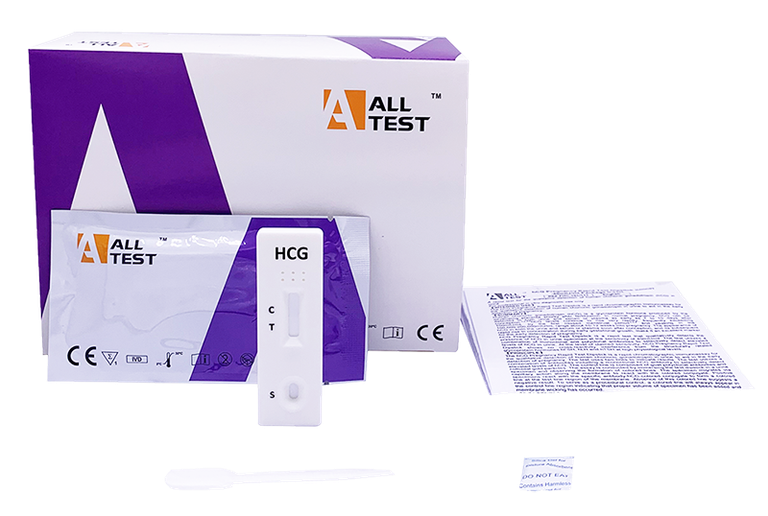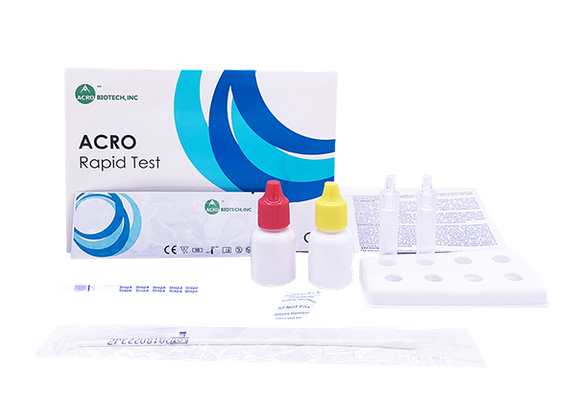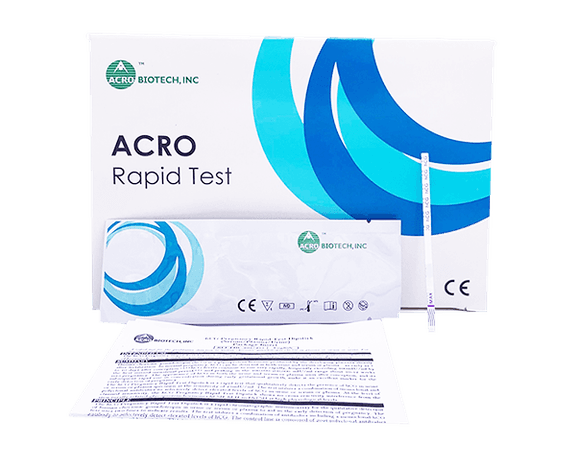CRP recognized as an independent risk factor in the mortality of acute ischemic stroke (AIS) patients
According to a recent study by Wnuk et al, numerous biomarkers, including inflammatory ones, were found to be associated with atherosclerosis and cardiovascular events. This applied to the levels of C-reactive protein (CRP) which increase during the first 24 h after hospital admission was independently associated with an increased risk of 30-day mortality in patients with acute myocardial infarction. Increased white blood cell count (WBC) was instead an independent risk factor for long-term mortality in patients with coronary artery disease. In patients with acute ischemic stroke (AIS) treated with intravenous thrombolysis (IVT), CRP within 24 h from symptom onset and WBC within 24 h after IVT were associated with a poor long-term functional outcome. It was shown that appr. 20% of AIS patients developed an infection during hospitalization, with pneumonia and urinary tract infection being the most common. Although the elevation of inflammatory markers is usually observed in infections, a CRP increase in AIS may reflect non-infective ischemia-induced inflammation contributing to a hypercoagulable state and extensive tissue damage.
The retrospective analysis of the prospectively collected data concluded that CRP levels are an independent risk factor for poor short- and long-term outcomes and in-hospital mortality in AIS patients without infection treated with IVT. Decreased WBC but not CRP is a predictor for 90-day mortality.
References
- Wnuk et al. C-Reactive Protein and White Blood Cell Count in Non-Infective Acute Ischemic Stroke Patients Treated with Intravenous Thrombolysis. J. Clin. Med. 2021, 10(8), 1610; https://doi.org/10.3390/jcm10081610


